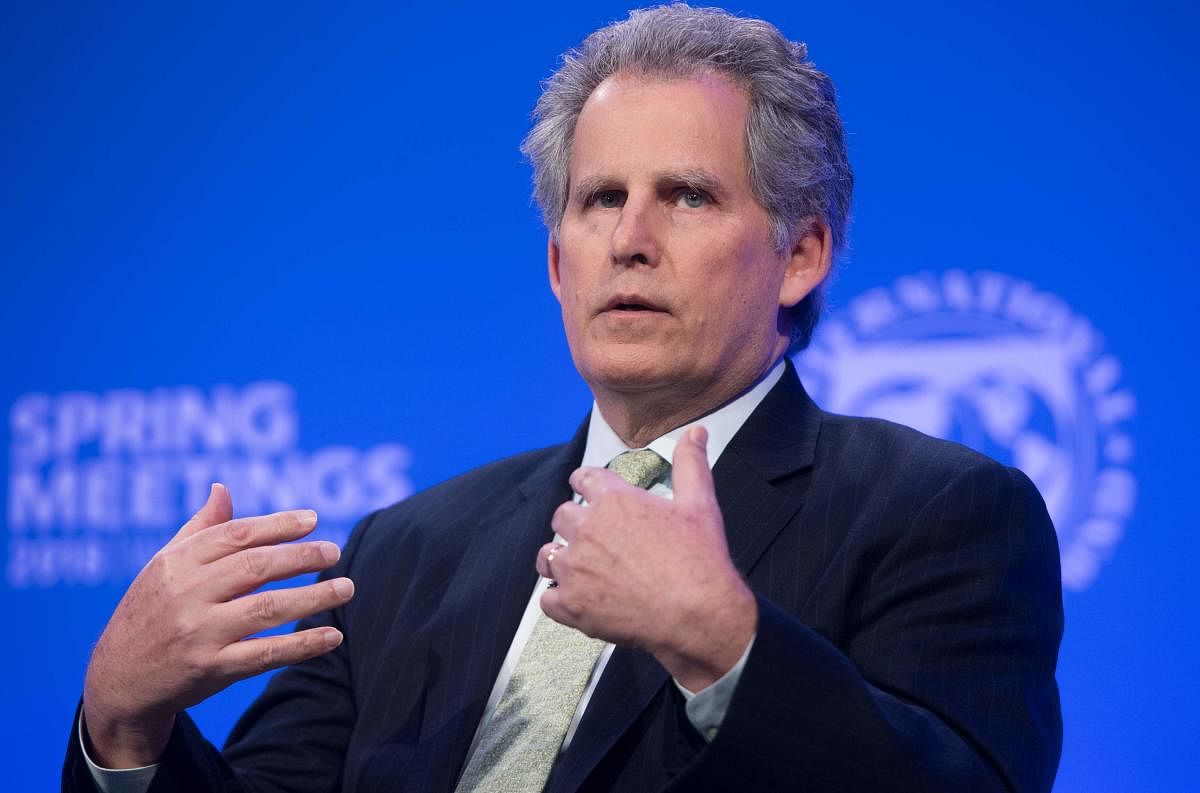
Unemployment in India may rise by 9 per cent with automation, said David Lipton, Deputy First Managing Director at the International Monetary Fund (IMF), according to a Business Standard report.
Globally, 14 per cent of the workforce or 375 million workers could lose jobs to automation, he said in the report.
Speaking at the CD Deshmukh memorial, Lipton said that the Indian economy was growing at 6-7 per cent per annum and that Indian businesses are more agile compared to their counterparts elsewhere. He said that economic expansion would help this growth. He was speaking at a lecture organised by the National Council of Applied Economic Research.
Addressing the issue of import duties levied on many products in the Union Budget, Lipton said that rising tariffs were causing a drag on competition in India, which hampered strong integration of the economy with global value chains, according to the report.
"India is poised to be the engine of secular dynamism in a world that is witnessing secular stagnation (in the form of low interest rates and disinflation), using terminology coined by former US treasury secretary Larry Summers," said Lipton.
“For example, German pension funds can certainly serve better off investing in India steadily growing at 10 per cent. Currently, despite standing with a huge current account surplus, German savings end up getting invested in US treasuries, that give a return of 1.7 per cent,” Lipton said, as per the report.
"Though secular stagnation is restricted to advanced economies, its spillover globally cannot be ruled out," he said. He also mentioned that the markets are lending at negative interest rates to governments all over the world.